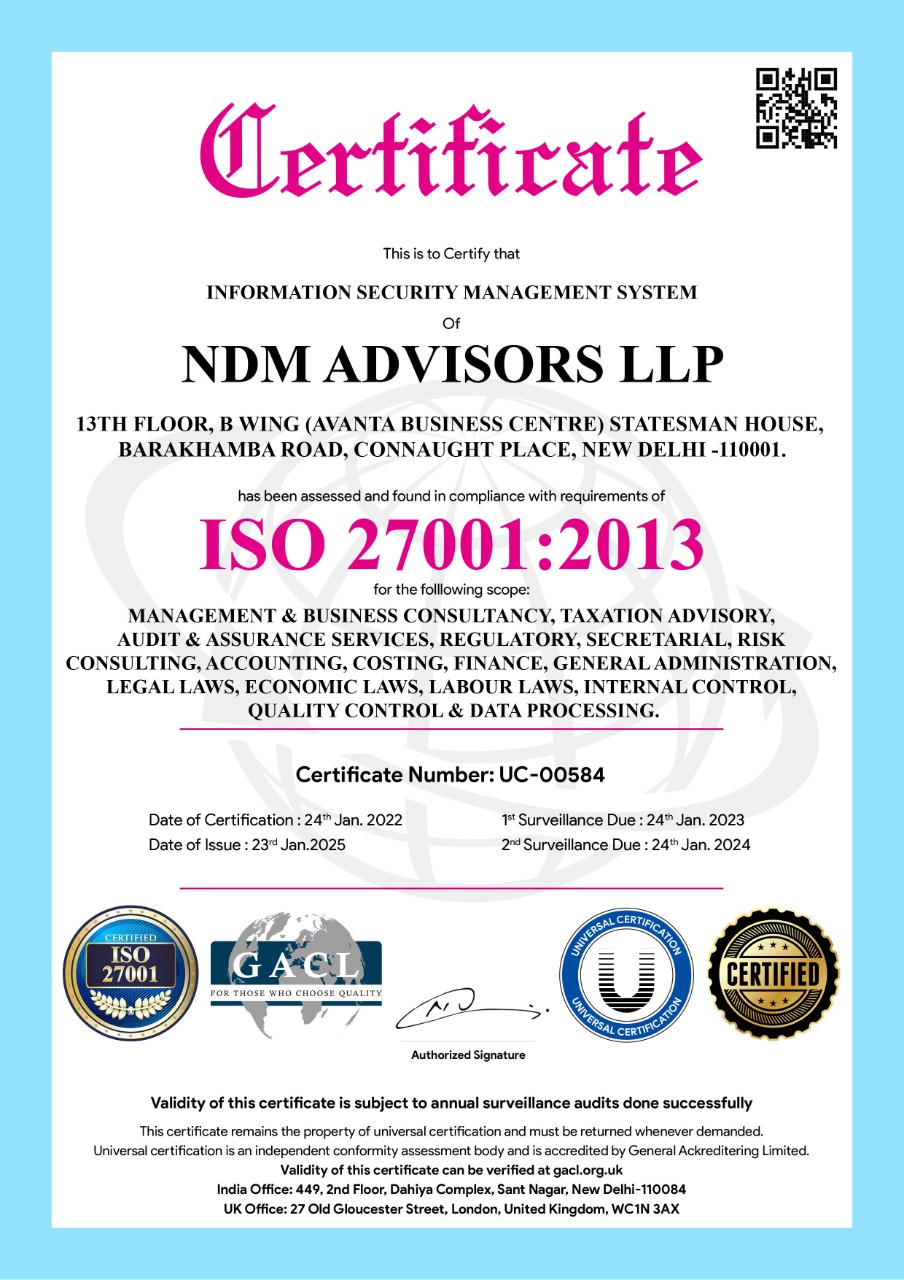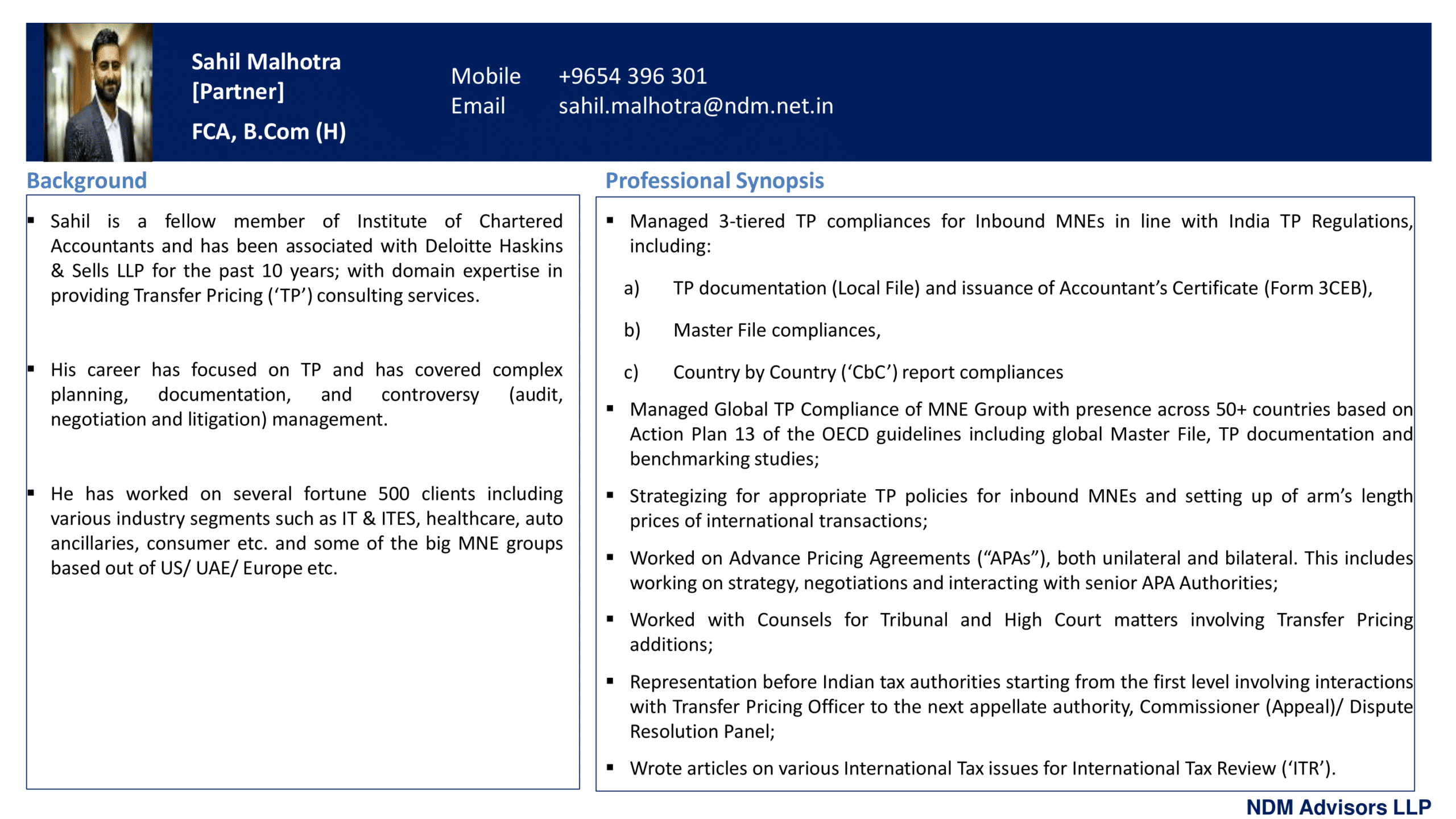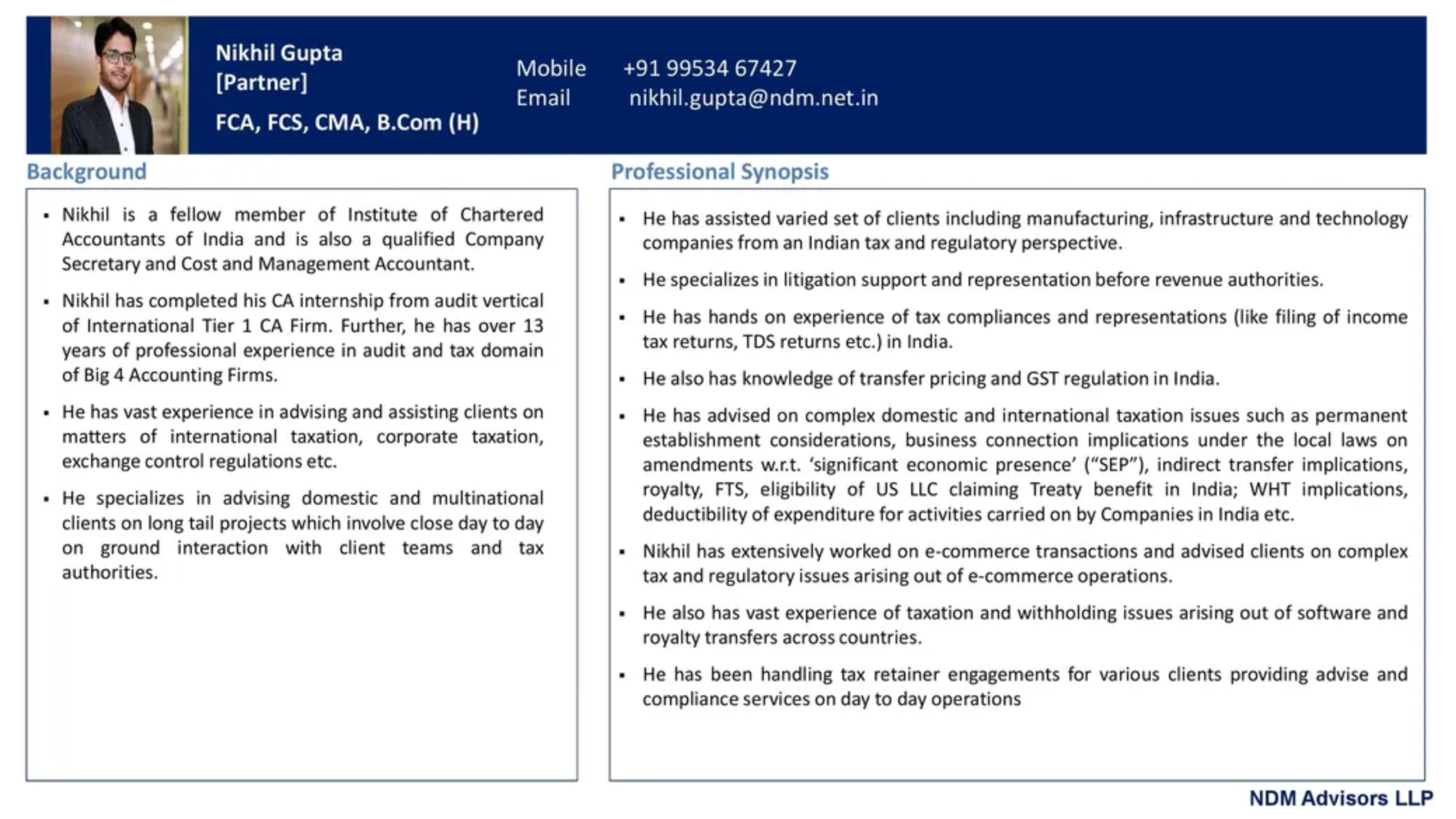Tax deduction at source under GST and its Refund (GST TDS)- A Quick Analysis

Rarely do we come across legislations which have been able to change the way businesses function in a democracy like India. Introduction of GST was a game changer for the Indian indirect taxation regime. GST has been able to hive of innumerable indirect tax regimes and laws existing in India. No business, large or small is untouched by GST regime in India and therefore, it is high on agenda items of India Inc.
GST touted to be India’s most comprehensive tax reform in decades, is based on the principle of ‘one nation, one market, one tax’. The government has issued a series of notices, circulars, explanations and regulations over the last five years of the GST. The implementation of the Goods and Services Tax (GST) in India has vastly impacted all the business and especially the start-ups. This article summarises one of the crucial points under GST i.e. GST TDS and its refund related parameters that are required to be followed by the parties engaged in these types of transactions.

The provisions of GST TDS have been notified and made effective from 1-10-2018 by the GST Council in its 28th meeting held on 21.07.2018. This TDS is different from TDS under Income-tax Act,1961 and separate payments, returns and TDS certificates are required to be complied with and the provision for GST TDS fall under Section 51 of CGST Act,2017.
Applicability – GST TDS provisions apply where total value of such supply, under a contract, exceeds Rs. 2.50 lakhs (excluding GST) – section 51(1) of CGST Act. Thus, if contract is of value exceeding Rs 2.50 lakhs, TDS is required even if an individual invoice is less than Rs 2.50 lakhs. TDS applies if contract exceeds Rs. 2,50,000 even if single invoice under contract is for less than Rs. 2.50 lakhs.
The TDS provisions apply when payment is made or credited to supplier. Thus, if advance is paid on or after 1-10-2018, TDS provisions will apply.
Registration as deductor – The deductor is required to register by applying online through the portal www.gst.gov.in by using their PAN/TAN. He is required to register as deductor even if he is registered separately as supplier. Section 24(vi) of the CGST Act, 2017 provides for compulsory liability for registration for the deductors of TDS.
Person deducting GST TDS will be termed as ‘deductor’. Supplier from whose invoice tax is deducted will be termed as ‘deductee’.
Rate applicability – The rate of TDS is as follows – (a) in case of intra-State (i.e. within the State) supply of taxable goods or services or both = 1% of CGST plus 1% SGST/UTGST (total 2%) [section 51(1) of CGST Act and SGST Act] (b) in case of inter-state supply of taxable goods or services or both – 2% of IGST [first proviso to section 20 of IGST Act].
The deduction is from payment made or credited to the supplies exceeds Rs 2.50 lakhs per contract.
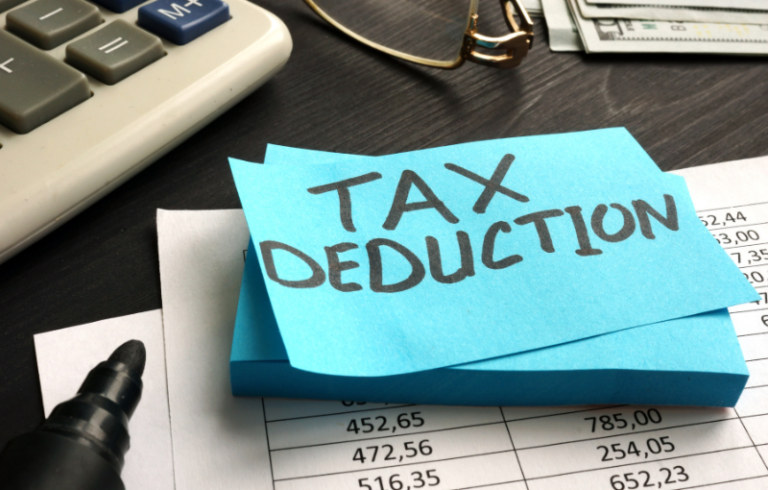
Following would be the deductors of tax in GST under section 51 of the CGST Act, 2017 read with notification No. 33/2017-Central Tax dated 15.09.2017:
(a) a department or establishment of the Central Government or State Government; or
(b) local authority; or
(c) Governmental agencies; or
(d) an authority or a board or any other body,- (i) set up by an Act of Parliament or a State Legislature; or (ii) established by any Government, with fifty-one per cent. or more participation by way of equity or control, to carry out any function; or
(e) a society established by the Central Government or the State Government or a Local Authority under the Societies Registration Act, 1860 (21 of1860); or
(f) public sector undertakings.
Valuation– For the purpose of deduction of tax specified above, the value of supply shall be taken as the amount excluding the tax (CGST, SGST or UTGST and Compensation Cess) indicated in the invoice.
Thus, TDS is required to be on net value excluding CGST, SGST/UTGST and IGST.
Non-applicability of GST TDS in the following cases –
(a) | Total value of taxable supply ≤ Rs. 2.5 Lakh under a contract. |
(b) | Contract value >Rs. 2.5 Lakh for both taxable supply and exempted supply, but the value of taxable supply under the said contract ≤ Rs. 2.5 Lakh. |
(c) | Receipt of services which are exempted. For example services exempted under notification No. 12/2017-Central Tax (Rate) dated 28.06.2017 as amended from time to time. |
(d) | Receipt of goods which are exempted. For example goods exempted under notification No. 2/2017-Central Tax (Rate) dated 28.06.2017 as amended from time to time. |
(e) | Goods on which GST is not leviable. For example petrol, diesel, petroleum crude, natural gas, aviation turbine fuel (ATF) and alcohol for human consumption. |
(f) | Where a supplier had issued an invoice for any sale of goods in respect of which tax was required to be deducted at source under the VAT Law before 01.07.2017, but where payment for such sale is made on or after 01.07.2017 [Section 142(13) refers]. |
(g) | Where the location of the supplier and place of supply is in a State(s)/UT(s) which is different from the State/UT where the deductor is registered. |
(h) | All activities or transactions specified in Schedule III of the CGST/SGST Acts 2017, irrespective of the value. |
(i) | Where the payment relates to a tax invoice that has been issued before 01.10.2018. |
(j) | Where any amount was paid in advance prior to 01.10.2018 and the tax invoice has been issued on or after 1.10.2018, to the extent of advance payment made before 01.10.2018. |
(k) | Where the tax is to be paid on reverse charge by the recipient i.e. the deductee. |
(l) | Where the payment is made to an unregistered supplier. |
(m) | Where the payment relates to “Cess” [GST Compensation Cess] component. |
TDS provisions do not apply when transactions between persons specified in clauses (a) to (d) under section 51 of the CGST Act, 2017 – TDS provisions do not apply when supply of goods or services or both is between persons specified in clauses (a) to (d) of Section 51(1) of CGST Act – third proviso to Notification No. 50/2018-CT dated 13-9-2018, inserted on 31-12-2018 via N/No. 73/2018.Thus, TDS provisions do not apply when transaction between Government or PSU or PSU and Society of Government or Government to Government.
Provisions of TDS do not apply when supply goods or services or both is made by one PSU (Public Sector Undertaking) to another PSU – proviso to Notification No. 50/2018-CT dated 13-9-2018, inserted on 5-11-2018 via Notification No. 61/2018 but with effect from 1-10-2018.
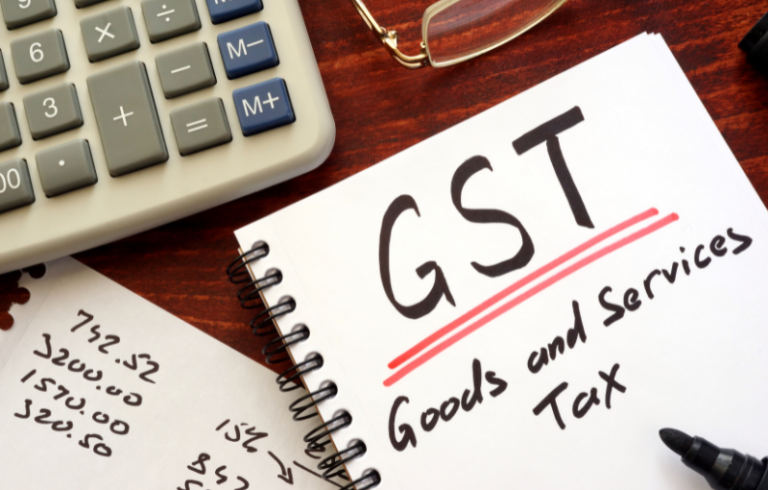
No TDS if place of supply is in State different from State where deductor is registered – Where the location of the supplier and place of supply is in a State(s)/Union Territory which is different from the State/UT where the deductor (i.e. recipient of goods or services) is registered.
For example: Government of West Bengal engages a contractor of Delhi for renovation of Bangla Bhawan in Delhi – In this case, TDS provisions will not apply as supplier is required to pay CGST and SGST of Delhi State while Government of West Bengal is not registered under GST in Delhi.
Filing of monthly return electronically – Deductor is required to file return electronically to Government. The return is to be filed in prescribed form and manner within ten days after end of each month. The prescribed form of return is GSTR-7.
If there is no transaction in a particular month, the deductor is not required to file return for that month. There is no concept of filing Nil return for the same.
Late fee for not filing GSTR-7 return within due date – Late fee payable for the month of June 2021 and onwards is Rs. 25 per day under CGST Act and Rs. 25 per day under SGST/UTGST Act (Maximum Rs. 1,000 under CGST Act and Rs. 1,000 under SGST/UTGST Act i.e. total Rs. 2,000 per return) separately – Section 47(1) of CGST and SGST Act read with Notification No. 22/2021-CT dated 1-6-2021.
There is no separate late fee under IGST Act as return is to be filed under CGST and SGST/UTGST Act only.
Deductee can reject the details filed by deductor – The deductee may find that amount deduced by deductor does not pertain to his supply. In that case he can reject the details appearing on the portal.
Certificate of TDS to deductee– The certificate to be issued in form GSTR-7A. The certificate is generated electronically on GSTN system and cannot be issued manually by deductor.
Provision relating to Late fee if certificate not given omitted w.e.f. 1-1-2021 – Generally, the certificate needs to be furnished within 5 days of crediting payment of TDS to the Government i.e. furnishing FORM GSTR-7. There is no late fee in case of deductor fails to furnish the certificate in form GSTR-7A within five days of crediting the amount so deducted to the appropriate Government as on date.
Credit of TDS in electronic cash register of deductee – The deductee shall claim credit, in his electronic cash ledger, of the tax deducted and reflected in the return of the deductor – section 51(5) of CGST Act.
Thus, deductee can take credit in electronic cash register only when deductor files return and not on the basis of TDS certificate.
Interest if deductor does not pay tax deducted to Government – If any deductor fails to pay to the credit of the appropriate Government the amount deducted as tax, he shall be liable to pay interest in accordance with the provisions of section 50(1), in addition to the amount of tax deducted.
Refund of tax to deductee – Refund to the deductor or the deductee, as the case may be, arising on account of excess or erroneous deduction shall be dealt with in accordance with the provisions of section 54 of CGST Act. Refund to deductor shall not be granted if the amount deducted has been credited to the electronic cash ledger of the deductee – section 51(8) of CGST Act.
Refund of excess balance in electronic cash ledger due to TDS/TCS – CBIC, vide circular No. 166/22/2021-GST dated 17-11-2021, has clarified that time limit prescribed under section 54(1) of CGST Act is not applicable to refund claim for excess balance in electronic cash ledger [correct as amount in electronic cash ledger is only a deposit]. This also applies to TDS/TCS deposited in electronic cash ledger. Further, furnishing of certification/declaration under rule 89(2)(l) or 89(2)(m) of CGST Rules, 2017 is not required as provisions of unjust enrichment are not applicable to such refund.
It is not mandatory for the registered person to utilise the TDS/TCS amount credited to his electronic cash ledger only for the purpose for discharging tax liability.
Any amount, which remains unutilized in electronic cash ledger, after discharge of tax dues and other dues payable under CGST Act and rules made thereunder, can be refunded to the registered person as excess balance in electronic cash ledger in accordance with the proviso to sub-section (1) of section 54, read with sub-section (6) of section 49 of CGST Act.
In case of queries, drop us a line on communications@ndm.net.in
Have Any Question?
Send us a message and tell us more about your business and financial goals. We will get back to you soon to schedule a consultation.
- +91 9873210394
- Communications@ndm.net.in













